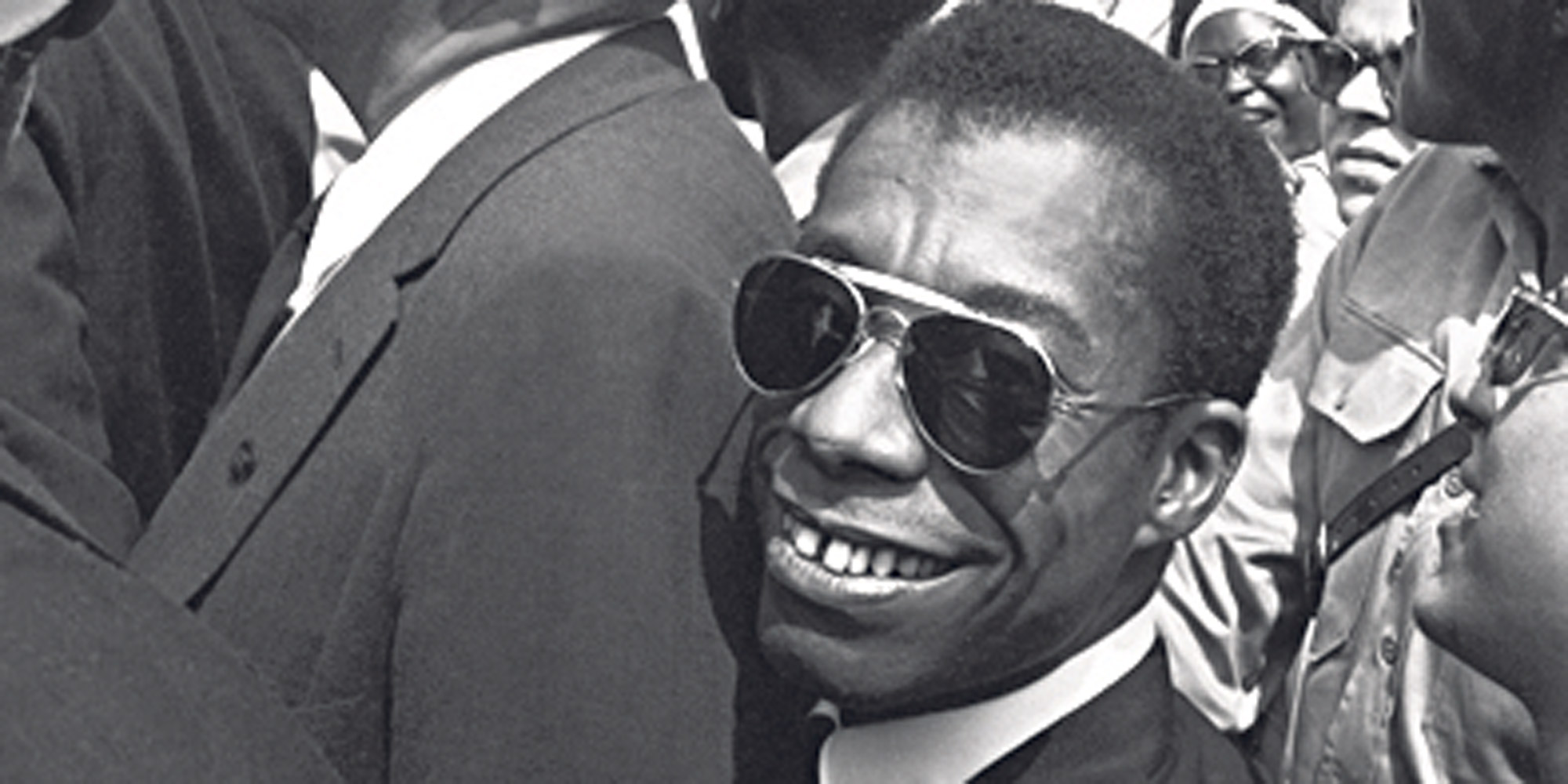Martin Luther King. Malcolm X. Medgar Evers. These are names most people get taught in high school about Civil Rights and the African American experience in the United States. James Baldwin’s name should be among them, though I don’t think he’d agree to that. Baldwin was an amazing trailblazer in his own right, articulating the complicated feelings of being a black man in the United States in books, debates, on TV talk shows, everywhere. I Am Not Your Negro seeks to finish Baldwin’s unfinished novel, simultaneously telling two fascinating, erudite, emotional stories simultaneously, piquing everyone’s interesting in the man and his view of the world.
Raoul Peck’s documentary takes one of the same framing devices as Baldwin’s novel would have. This particular story was going to revolve around Baldwin’s life during the Civil Rights era, specifically around the sorrowful events of the deaths of Medgar Evers, Martin Luther King Jr., and Malcolm X. Peck adds an additional layer on top of Baldwin’s though. Peck edits in historical context when Baldwin is pontificating on these crusaders, focusing on either Baldwin himself, or some historical images or videos of what he is speaking to, ranging from horrifically racist newspaper ads to Black Lives Matter Protests for Michael Brown and Eric Garner. This framing device keeps the documentary from becoming too laborious in college lecture speech, and lets the images clearly show what Baldwin is describing. Being a contemporary and friend of the 3 M’s, Baldwin’s relationship with each of them gives the movie a human emotional gut punch and melancholic tone, which fits the historical context perfectly.
At the same time as he’s painting a historical picture, Raoul Peck is also crafting a fascinating character study. James Baldwin’s brilliance didn’t come from nowhere, it was cultivated from his strange upbringing. Peck early on drops pieces of Baldwin’s backstory: lived in Europe for years, homosexual, not very religious despite being raised that way, moved back to crusade for civil rights. This unorthodox coming of age gave Baldwin this enhanced perspective of the black experience, allowing him to find the words to explain all the pain, suffering, pride, determination, hope, and any other emotion felt by African Americans living in the United States. Holding together the historical context of I Am Not Your Negro is James Baldwin’s words, explaining what previously wasn’t explainable to a mass audience. Using Baldwin’s unfinished novel writings, Raoul Peck enhances the prose with historical meaning, but the director always comes back to those eloquent, perspective altering soliloquies delivered by Baldwin, in hopes that they find a new, contemporary fungible mind to help shape.
Maybe it’s good that I only discovered James Baldwin in college. I Am Not Your Negro is high art, asking the audience to really think while watching and listening to a brilliant man craft a version of the world that either didn’t exist for you, or gives a strong voice to a previously silenced voiceless mass. Yes, Medgar, Malcolm, and Martin were all amazing men. But James Baldwin’s of the world thankfully exist too, tying knowledge and history into the actions of those other amazing men, making us all the better for it.

